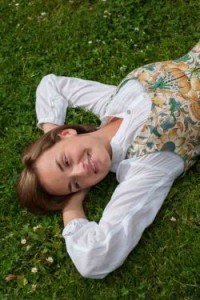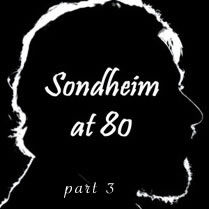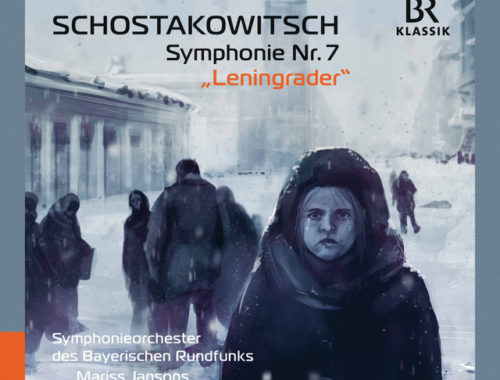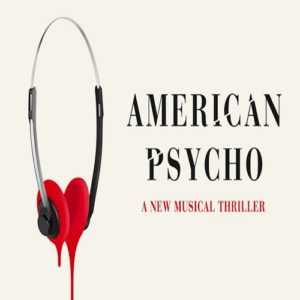Briefly… “The Sound of Music”, Regent’s Park Open Air Theatre
 The thing about The Sound of Music is the degree to which it is universally loved. The film has a lot to do with that, of course – there is NO finer film musical in my opinion and that is due in part to Robert Wise’s inspiring direction (and not just that much-parodied opening sequence) and the immediacy that the realism of film brings to the dark underbelly of the story. For all the unlikely song cues and sugar-and-spice lyrics, for all the raindrops on roses and whiskers on kittens and larks that are learning to pray (heaven forfend), it is nigh-on impossible to resistThe Sound of Musicand whilst I cannot imagine most mortals tearing up as much as I do (and in the most unlikely places) there is no question that the show speaks to us and will go on doing so. It’s about being human, I guess, it’s about living and loving and questioning and holding on to one’s beliefs. It’s also, quite simply, a bloody good musical. Rodgers and Hammerstein picked their subjects with unerring shrewdness – they picked stories that would keep them up nights with the excitement of all the theatrical possibilities. Who but they could have turned the children’s goodnight party-piece “So Long Farewell” into the Von Trapps’ elaborate disappearing act in the climactic Salzburg concert scene? It stops my heart every time I see it.
The thing about The Sound of Music is the degree to which it is universally loved. The film has a lot to do with that, of course – there is NO finer film musical in my opinion and that is due in part to Robert Wise’s inspiring direction (and not just that much-parodied opening sequence) and the immediacy that the realism of film brings to the dark underbelly of the story. For all the unlikely song cues and sugar-and-spice lyrics, for all the raindrops on roses and whiskers on kittens and larks that are learning to pray (heaven forfend), it is nigh-on impossible to resistThe Sound of Musicand whilst I cannot imagine most mortals tearing up as much as I do (and in the most unlikely places) there is no question that the show speaks to us and will go on doing so. It’s about being human, I guess, it’s about living and loving and questioning and holding on to one’s beliefs. It’s also, quite simply, a bloody good musical. Rodgers and Hammerstein picked their subjects with unerring shrewdness – they picked stories that would keep them up nights with the excitement of all the theatrical possibilities. Who but they could have turned the children’s goodnight party-piece “So Long Farewell” into the Von Trapps’ elaborate disappearing act in the climactic Salzburg concert scene? It stops my heart every time I see it.
At Regent’s Park Open Air Theatre we are notionally a little closer to nature and if not the hills then the trees are alive with the sound of vociferous bird-life. And that rather crucial thunder storm in the first act looked like it might become a meteorological reality on press night. We were thankfully damp not soaked and the show unfolded under Rachel Kavanaugh’s sound direction with all due deference to the piece itself. It didn’t make too many mistakes but nor did it steer away from the well-trodden and well-tested path and there were times when the acting didn’t quite suspend disbelief as one always hopes it will.
The exception – and the inexhaustible font of energy for the show – was Charlotte Wakefield. Her Maria was fresh, feisty, endearing and fiercely passionate. You absolutely believed in her devotion to, well, just about everything and when in that marvelously emotive scene in act one she cornered the Captain and forced him to acknowledge his loss and his hurt and how that in turn was distancing him from the things he loved most – his children – her characterisation of each one rang so true that you felt the audience collectively embrace her.
And the children (three sets alternating) – well, they were (on this showing) cast pretty much to perfection and the most unlikely bobby-dazzler in the history of musical theatre – “Do-Re-Mi” – might have taken the roof off if there was one. The cleverness of the number lies, of course, in making scales something to sing about (Rodgers, more than anyone, knew all about that) and the fact that something simple to the point of trite eventually becomes so incredibly and exhilaratingly inventive.
We got pretty much the whole score here, including the two numbers Rodgers alone wrote for the film – “I Have Confidence” and “Something Good” (a gorgeous song to replace an average one “An Ordinary Couple”), and whilst instrumental sound is always a challenge in the Park (a tinniness prevails) Chris Walker’s orchestrations generally hit the spot and the choral harmonies emanating from the Abbey were really quite impressive thanks to some good clean ensemble singing from the nuns.
My one big disappointment – and this was a piece of serious miscasting – was the Mother Abbess of Helen Hobson. I much admire Hobson and I have seen her excel over the years but hers is quite the wrong sound for the role. I know it’s a tall order nowadays finding a true contralto, a rich maternal voice with gravitas, but that is what is required and “Climb Every Mountain” is too iconic and important a number to fudge in terms of keys and timbre. If the voice is right (and even Lesley Garrett, though at least a legit soprano, was still too bright in colour in the Palladium revival) you get all the authority you could wish for without the interpolated and shamelessly showstopping high option at the close. The song is showstopping and aspirational, not just the last note.


